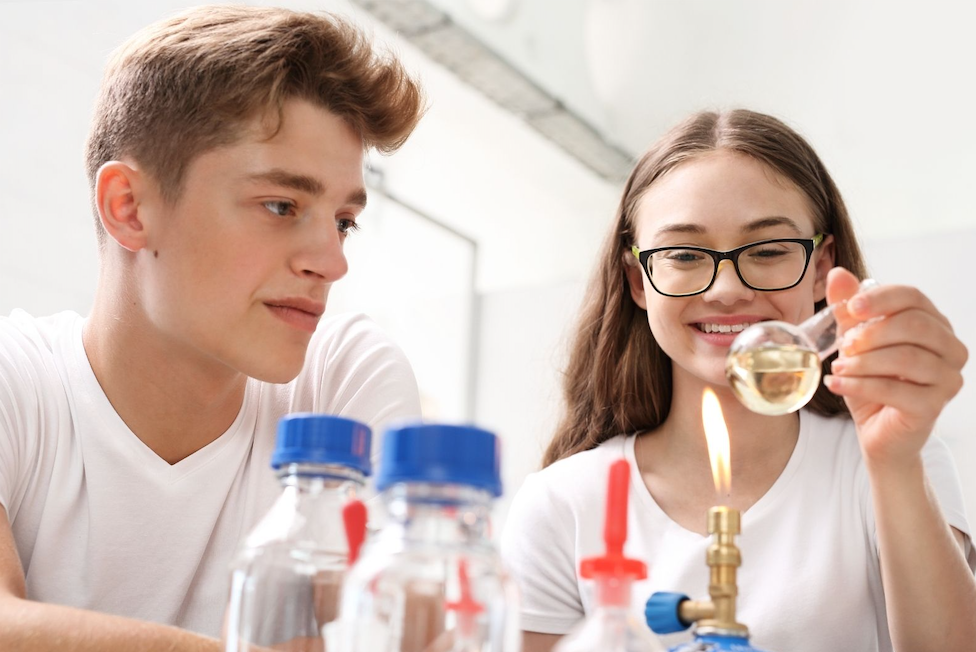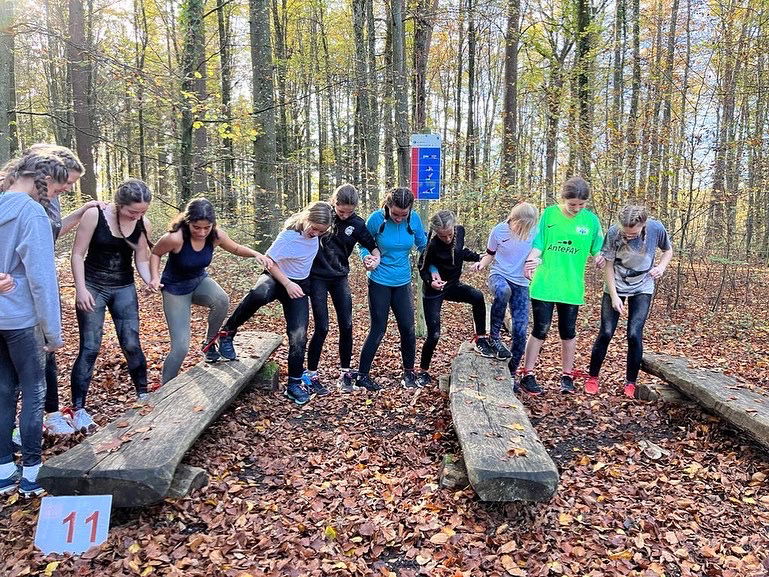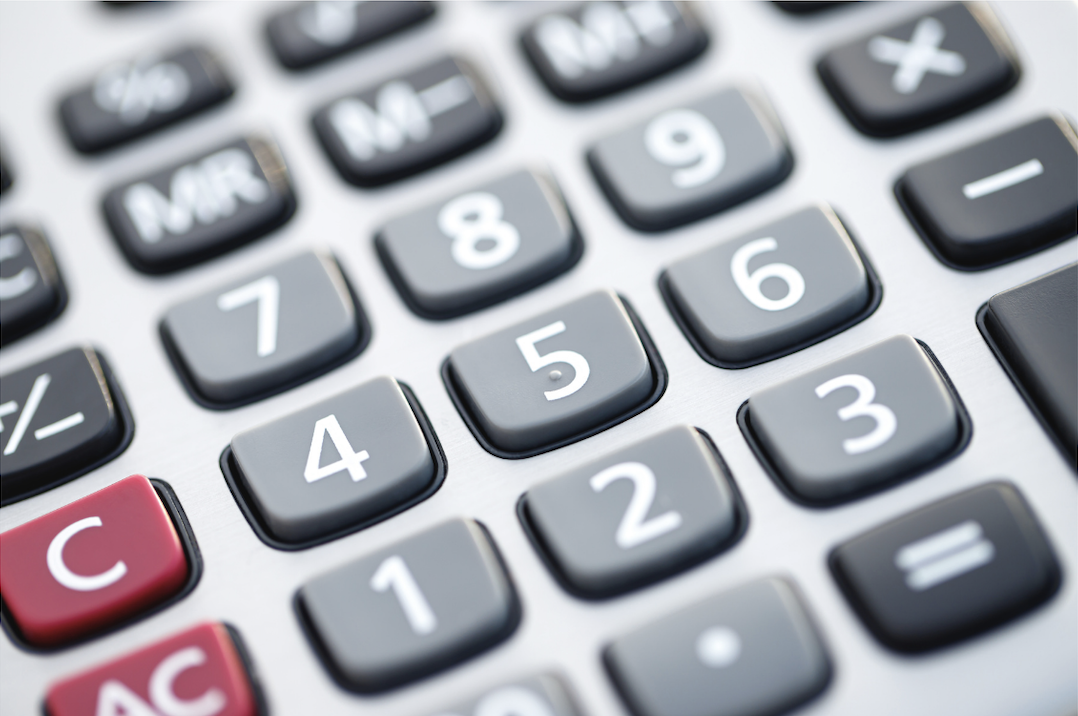The Best IGCSE Chemistry Tips to Crush Your Exam

IGCSE Chemistry may seem to be one of the trickier subjects if you are not such a fan of Science. There is a lot to learn and a ton of new concepts to understand.
Getting a 9 in IGCSE Chemistry is difficult but not impossible. If you study not only hard but also focus on the right things, the top grades may be within your reach.
By putting these top IGCSE Chemistry tips into practice, you’ll give yourself the best possible chance of passing your IGCSE Chemistry with flying colours. After all, they come from the experts, the IGCSE teachers, and examiners.

Is IGCSE Chemistry Hard?
Science-related topics can be more challenging for students who don’t have a natural aptitude for Science. There is a large syllabus comprised of complex topics. Often, it will be the first time that students have moved to study a single Science, rather than the combined Sciences.
For IGCSE Chemistry is not the easiest subject to learn. However, with the right mindset, interest in core concepts, and a lot of dedication, you are in line for top grades.
What do the IGCSE Chemistry Exams Entail?
Needless to say that you need to know the syllabus alongside the methods, requirements, and formats of your IGCSE Chemistry exam to secure the highest grade. All of the above depends on your exam board. There are three boards authorized to set IGCSE assessments:
- Pearson Edexcel. IGCSE Chemistry specification envisions two papers. The first one can bring you 110 marks and is comprised of multiple-choice questions, calculations, and questions that require both short and extended answers. The duration of this paper is 2 hours. The second paper has a similar format but is shorter – 1 hour and 15 minutes – and brings 70 marks. Both papers may include questions about practicals. The grading of the subject uses the 9-1 scale where 9 is the highest score.
- Cambridge (CAIE). This exam board offers two syllabi with similar content but different grading methods. CAIE International GCSE Chemistry 0971 utilizes the widespread 9-1 scale while CAIE International GCSE Chemistry 0620 relies on A*-G, where A* is the top grade.
Along with that, Cambridge students can opt for an “extended” tier or the “core tier”. The grades accessible with the “core” tier exam are within the 5-1 (or C-G) range.
A maximum of 9 (or A*) is available only with the “extended” exam. So, to get the top grade you really need to understand early on whether your teacher is considering entering you into this paper.
Regardless of the tier, the CAIE chemistry assessment has 3 papers. The first one awards 40 marks and spans 45 minutes. It has 40 multi-choice questions. The second paper brings 80 marks over the 1 hour and 15 minutes assessment. This work implies short answers to multiple questions. The third 1 hour-long paper gives 40 marks and has questions related to practical/experimental skills.
- The AQA board has two papers for International GCSE Chemistry. Each paper is 1 hour and 30 minutes long and gives a maximum of 90 marks. Papers have varying formats, from multi-choice to open-response questions. The grades vary from 9 to 1.
Now that you know more about grading and exam formats, let us share some useful tips to get the maximum in your IGCSE exam. From advanced learning techniques to getting an IGCSE tutor, there is so much you can try to boost your performance.
Tips to Crush Your Chemistry IGCSE
1. Make Sure You Understand Before You Memorize
Chemistry has quite an extensive vocabulary filled with terminology you won’t see every day. It is hard to grasp any concept if you don’t understand what a certain term implies. That’s why before you try to commit Chemistry topics to memory, take your time to brush up on the vocabulary. This will give you a foundation to hold everything that you’re about to learn together.
2. Study Smart, Not Hard
Our brain is incapable of processing a lot of information at once. That’s why reading Chemistry textbooks, again and again, is not of much use. Instead of spending hours reading, you can use more advanced methods. For example, active recall allows memorizing information associated with specific keywords. It is also useful to organize information in a way that facilitates learning. We suggest creating flow charts of all the reactions, or charts and graphics that highlight the most important aspect of concepts and topics.
3. Good Old Fashioned Flash Cards Work
This tip goes hand in hand with smart learning techniques. There are a few reasons why they are so efficient. First, you start assimilating information while writing these cards. You can use various means (highlighting, mnemonics, graphs, etc.) to visualize the most challenging concepts.
Warning – just copying long text from your book to a card is not the best way to memorize important facts.

In fact, the more you alter the information (and personalize it) the easier you will memorize it. So, turning it into that picture or mnemonic will really help. In this way, you can use it for the most important information like chemical names and formulae.
To explain a little more about mnemonics, the most known is “Richard Of York Gave Battle In Vain” the acronym helps you remember the colors of the rainbow. You can create your own for the key info in the IGCSE Chemistry exam.
Often the crazier and more outlandish the connection, the easier it is to memorize.
Plus, flash carts are easy to carry with you, so you can revise any time you have a free minute. Stick a wad in your pocket, so you always have something to revise in otherwise dead time.
By this is the time you should be learning how you best retain information, and everyone (every brain) is different. So, find the best ways for you and use this with your flash cards. If you find they don’t work, remember there are also alternatives.
Book free trial with our certified IGCSE Chemistry teachers today
100 % of tutors are certified teachers and examiners
4. Past Papers, Timed Questions
You don’t know what questions you’ll get in your IGCSE Chemistry but past papers like these can help ensure you are familiar with every type of question.
Your teacher will be giving you plenty of practice with these papers, but if you want to do more, just ask them to provide you with more! Teachers like us are always happy when a student wants to do more revision!
If you are concerned you have not done enough past paper practice, then you can always reach out to us. Our IGCSE teachers and examiners can help you get used to the type of questions to expect. This will build your confidence no end.
In this way, you will learn not only the essence of questions but also their format (whether they are multi-choice questions, require short answers or extensive, etc.).
Besides, past papers are a great way to test yourself and see which topics you know well and which areas need more work.
5. Get a Study Buddy
Studying together with a friend is a win-win tactic.
You may be shy to turn to your teacher for help if you don’t know something but your peer is much more available and less scary.
Chances are that your mate knows some topics better than you do. By asking them questions, you can get answers from a different perspective.
On the other hand, if a friend asks you something, you have a chance to work on your answer to make it as clear and solid as possible. Last but not least, studying with someone is a form of competition. It should give both of you motivation to excel.
6. Don’t Shy Away from Asking for Help
As we have already noted, making use of all available resources is a good strategy. A chemistry tutor can become one of these resources.
Don’t think of a tutor as a mentor for those who lag behind. In fact, even if you’re at the top of your class, a tutor can be of tremendous help. An independent assessment of your knowledge is worth a lot, especially in order to identify your weaknesses and eliminate them.
Even the best students lack confidence sometimes. However, with a little bit of help from someone who knows their way around Chemistry, your doubts will disappear.
You Can Count on Us
A tutor is an invaluable aid every step of the way in Chemistry revision. From filling the gaps in your knowledge to giving your mock exams, there are so many benefits of teaming up with a well-versed tutor.
We are TutorsPlus, and we are here to help you ace your IGCSE Chemistry. Call us at 022 731 8148 or email and we’ll do our best to solidify your understanding of Chemistry.















